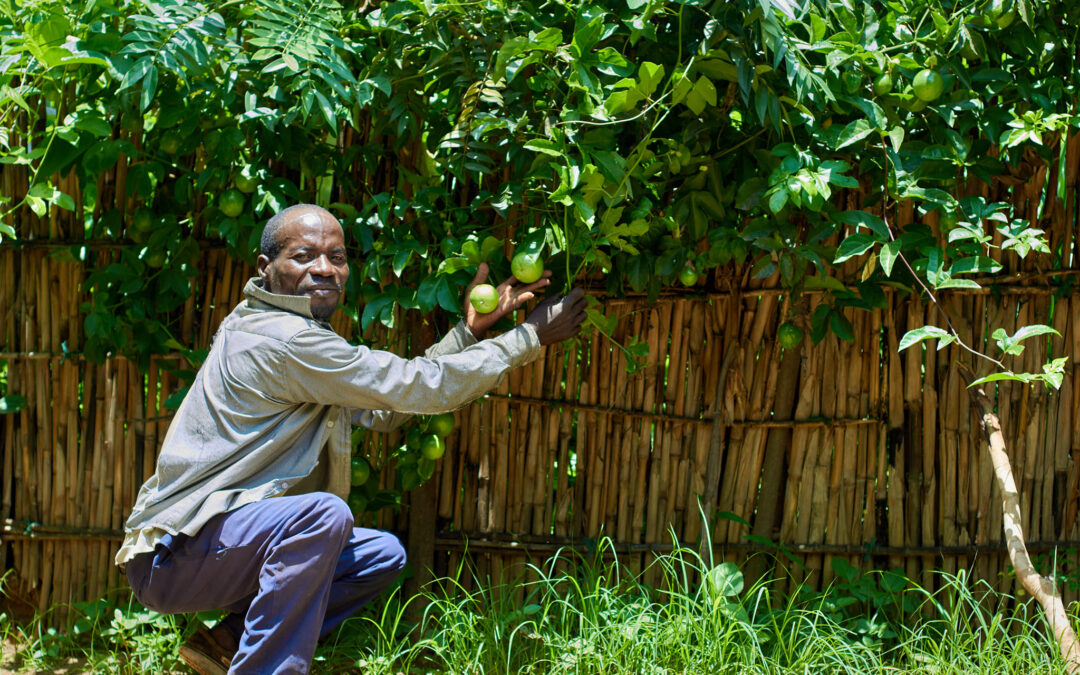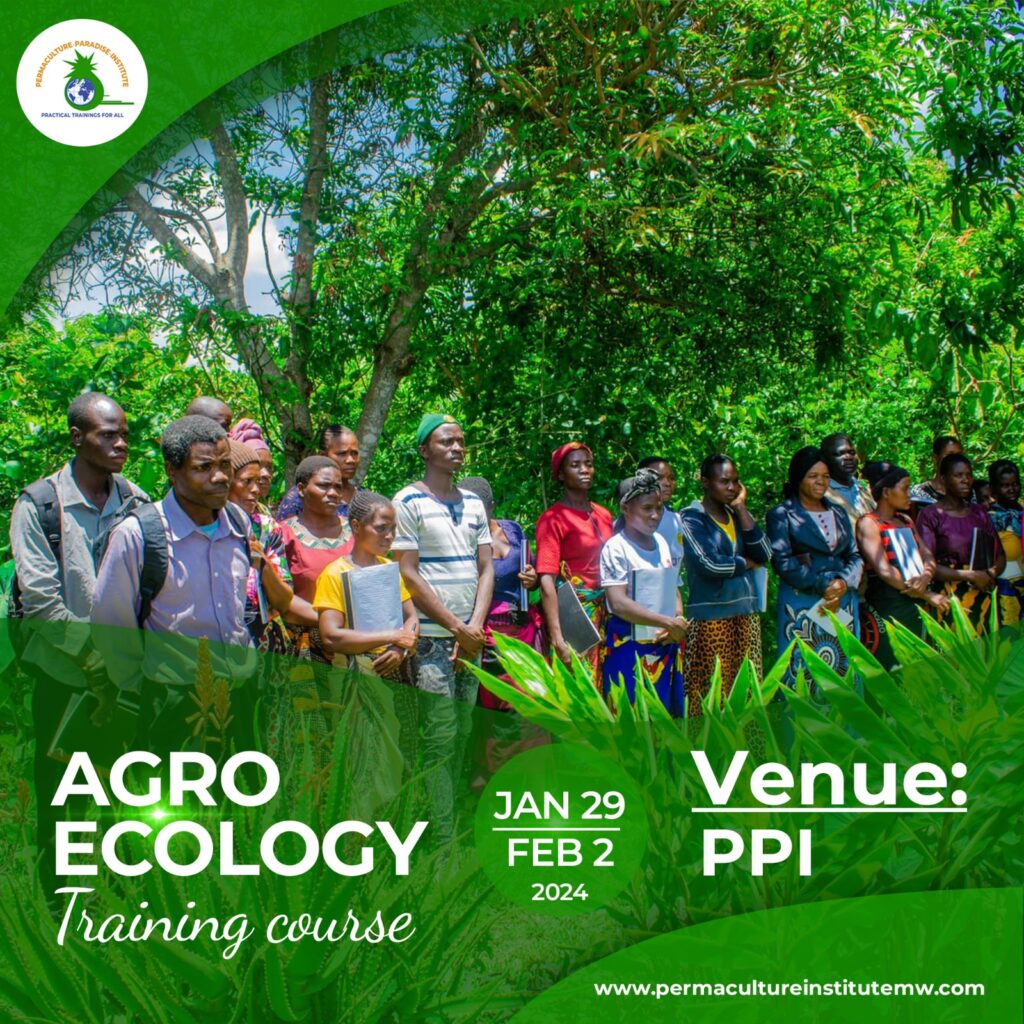Permaculture Institute Paradise (PPI) has embarked on a mission to fight hunger by training farmers in the use of organic, permaculture, and agroecological ways of farming. This is in response to the rising costs of farm inputs that are making it difficult for farmers to sustain their crops. By adopting permaculture techniques, farmers are able to grow a variety of crops on the same piece of land in rotation and guilds, thereby increasing their yields and improving food security.
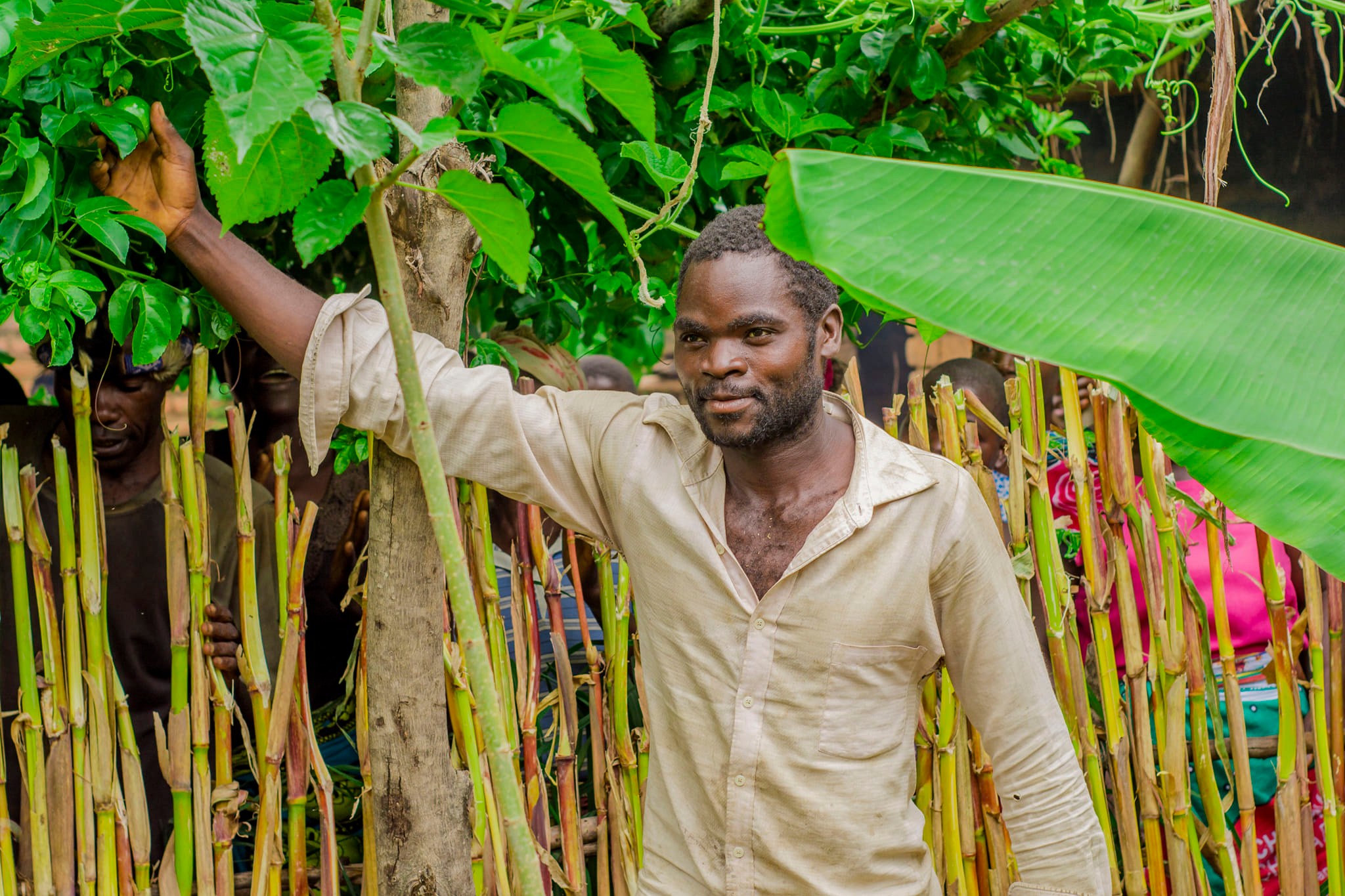
A farmer showing off an integrated homestead garden in Mchinji, Malawi
In Madisi Dowa district, farmers are growing sugarcane, fruits, vegetables, and staples on the same piece of land, while in Mchinji, they are showing off their integrated homestead gardens after one year of adopting agro-ecology and permaculture. The success of these initiatives has attracted visitors from all over the globe, who are eager to learn from the farmers and share their experiences.
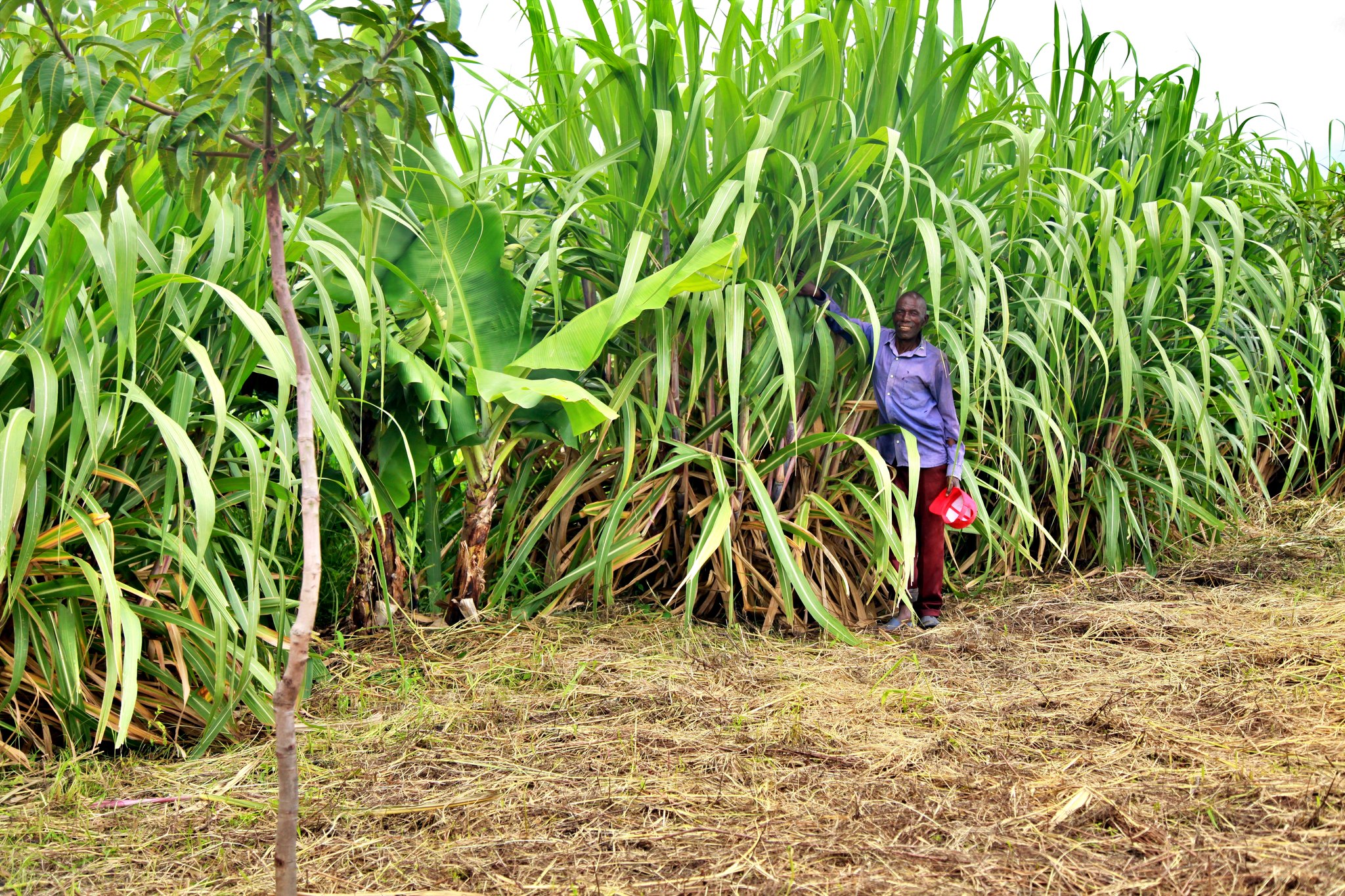
A picture of a local farmer standing in his sugarcane field
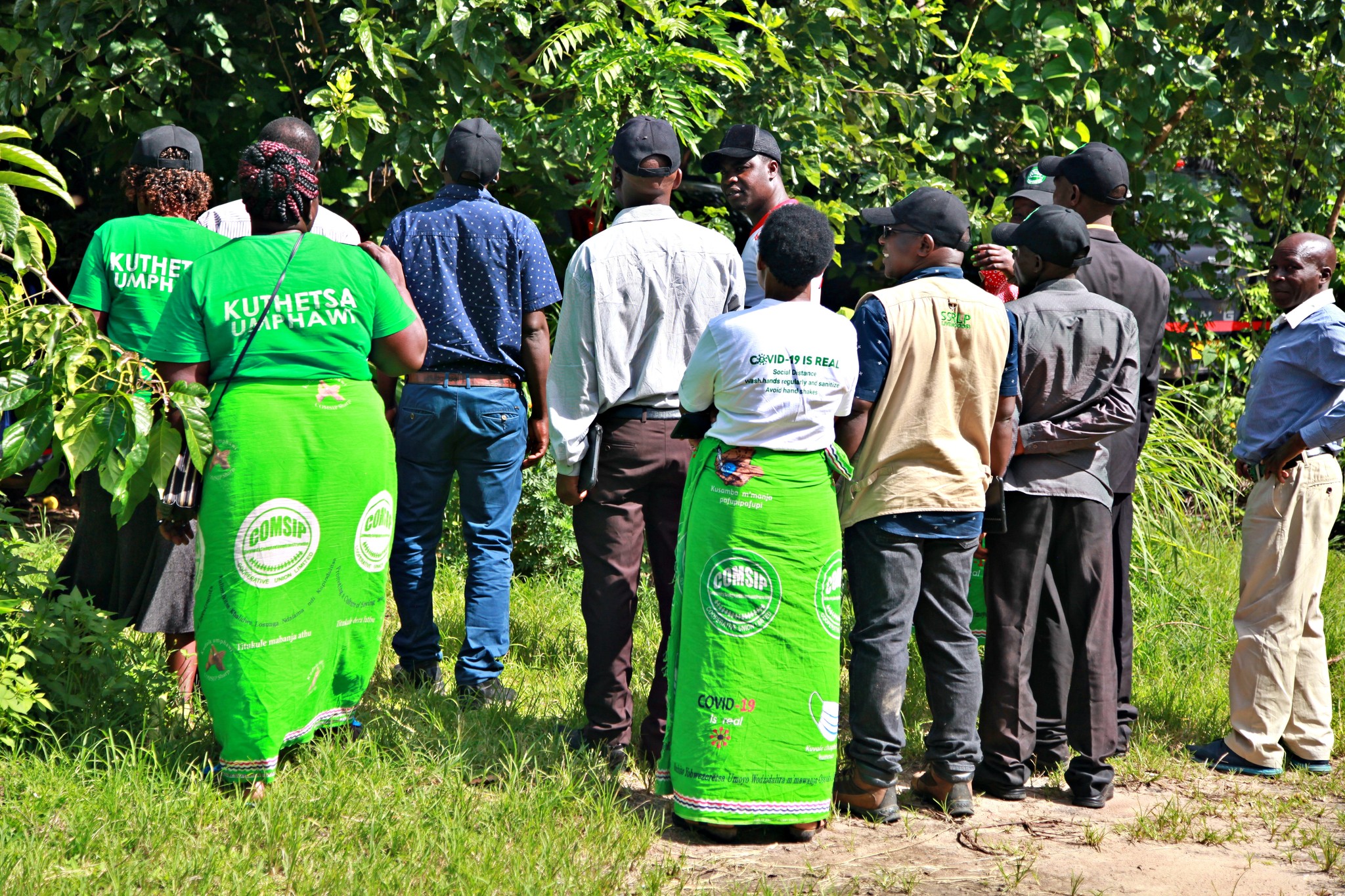
Board members from (COMSIP) visiting to learn Permaculture design Techniques for Food and Nutrition Security, Climate resilience, poverty reduction
Recently, on the morning of 7th February 2023, a team from Empower Malawi visited the Mchinji farm to learn about the possibilities of Malawi and the African continent. Later that afternoon, board members for Community Savings and Investment Promotion (COMSIP) from different regions of Malawi visited the farm to learn more about Permaculture design techniques for food and nutrition security, climate resilience, poverty reduction, and other related topics.
The adoption of permaculture techniques is not only helping to fight hunger but also promoting sustainable agriculture and improving the livelihoods of farmers in Malawi. As more farmers embrace these methods, it is expected that they will not only be able to produce more food but also improve the quality of their yields, reduce the cost of inputs, and protect the environment.

